
Sports are important for high school students as they promote physical health, teach important life skills, build self-confidence, and provide a sense of community within the school. Overall, participating in sports can have a positive impact on a student’s physical, mental, and social development.
1st-quarter: Soccer
2nd quarter: Basketball
3rd quarter: Volleyball
4th quarter: Softball
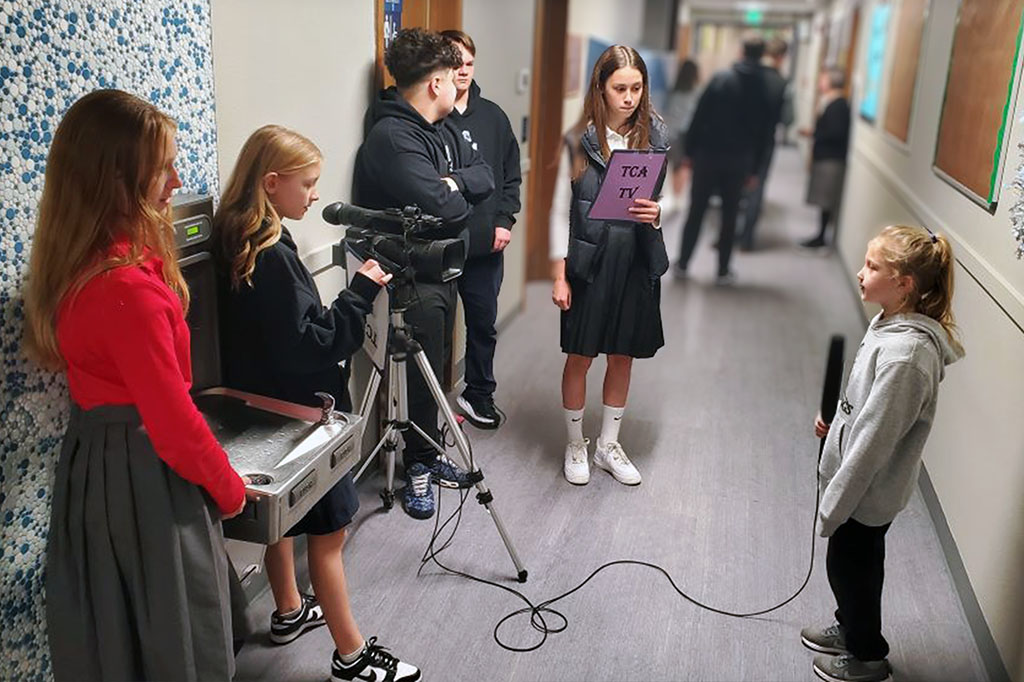
Audio/Visual Production courses equip students with the necessary knowledge and skills for television, video, and film. This includes writing scripts, camera operation, use of graphics and other visuals, lighting, audio techniques, editing, production principles, and career opportunities. Typically, students are required to produce their own program or segment, with final products often being featured in school chapels.

Clothing/Sewing courses introduce students to and expand their knowledge of various aspects of wearing apparel, sewing, and fashion.
These courses typically include wardrobe planning; selection, care, and repair of various materials; and construction of one or more garments. They may also include related topics, such as fashion design, fashion history, the social and psychological aspects of clothing, careers in the clothing industry, and craft sewing

Keyboarding courses provide students with an introduction to the keyboard (letters, numbers, and symbols), basic machine operation, and proper keystroke techniques. As students progress, they improve their speed and accuracy and produce increasingly complex documents. Such courses help students develop keyboard proficiency, document production skills, and problem-solving skills.
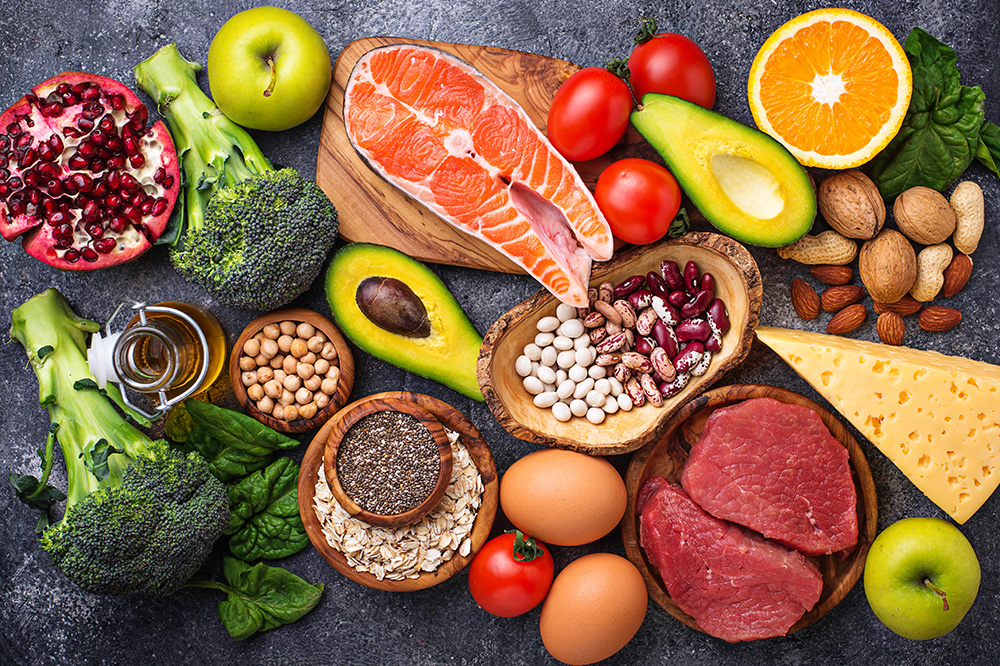
Nutrition and Food Preparation courses provide students with knowledge and skills about food preparation and/or production, with a strong emphasis on nutrition, balanced diets, and satisfying special dietary needs. Topics typically include assessing nutrient content, the science of food and nutrition, physiology and utilization of nutrients. Course content may also cover additives, contaminants, foodborne illnesses, and food technology.

Automotive Service courses emphasize preventative auto maintenance and automobile
troubleshooting. Course content typically includes tune-up, oil change, and lubrication skills; tire replacement, alignment, and balancing; and basic knowledge of brake, cooling, electrical, emission, fuel, ignition, steering, suspension, and transmission systems. These courses may also include public relations, sales techniques, and service station management.

These courses examine particular topics related to general computer literacy other than those already described, such as privacy issues or instruction in using a particular software application.

Culinary Art Specialty courses provide instruction in a particular type of cooking or culinary
style. Examples of such specialty fields include baking, creating and decorating wedding cakes, Middle Eastern cuisine, and so on. These courses emphasize skills specific to the type of culinary art being studied.

Library Aide courses provide students with the opportunity to work in the library or in media and audiovisual centers. Duties may include collecting, distributing, and categorizing materials; operating audiovisual equipment; assisting students and teacher; and performing clerical duties. Students typically gain experience in library science and/or media and audiovisual technology.
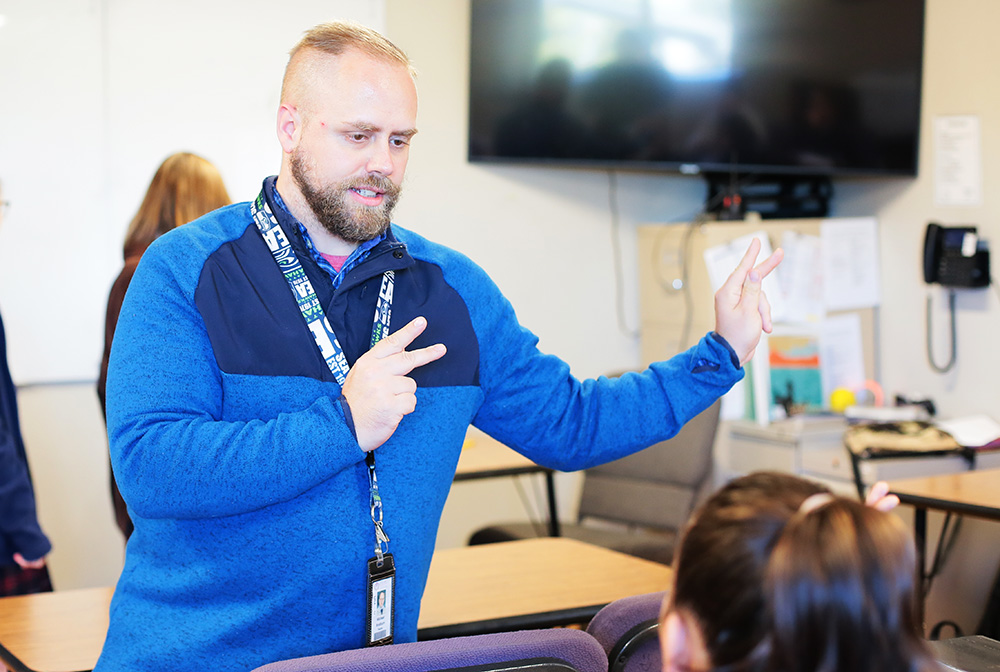
Designed to introduce students to American Sign Language, American Sign Language I courses enable students to communicate with deaf persons through fingerspelling, signed words, and gestures. Course topics may include the culture of and issues facing deaf people.
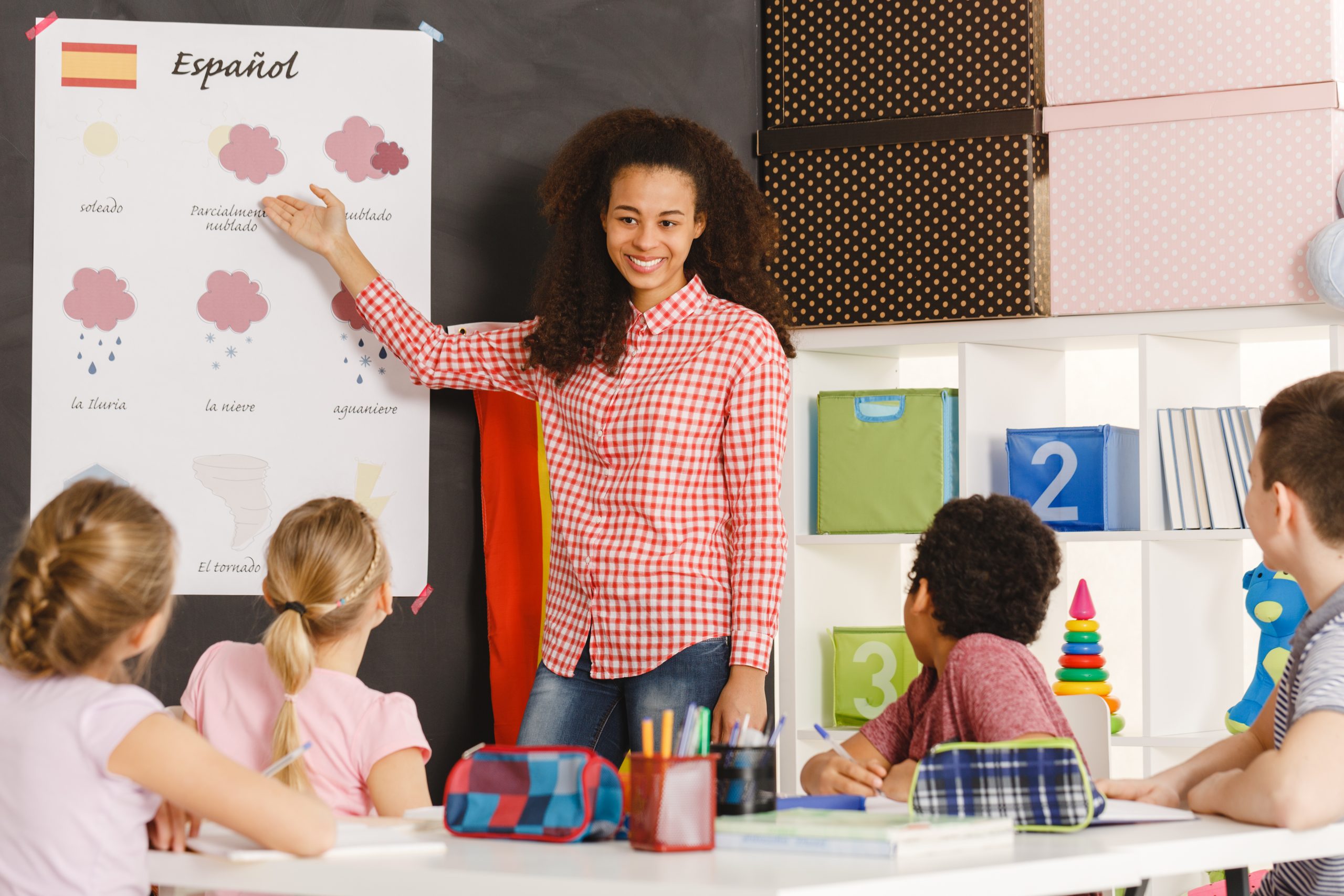
Spanish Conversation and Culture courses provide students with an introduction to the Spanish language and the culture(s) of Spanish-speaking people, placing greater emphasis on speaking and listening skills while de-emphasizing writing and reading the language.
Online-based, DuoLingo: https://www.duolingo.com/course/es/en/Learn-Spanish-Online
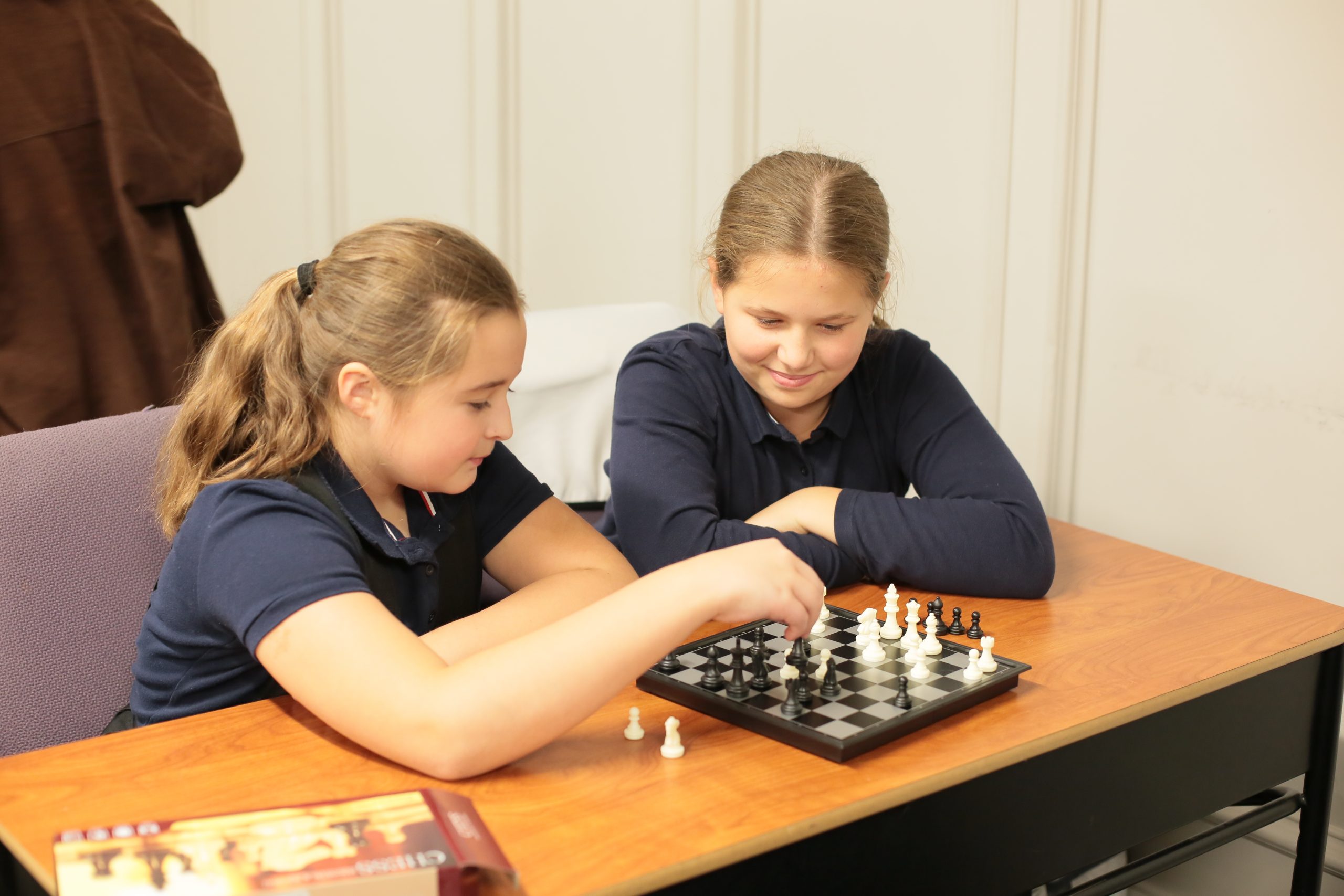
Chess is a very beneficial activity that results in better brain function, improved memory and cognitive abilities, strategic thinking and attention improvement.
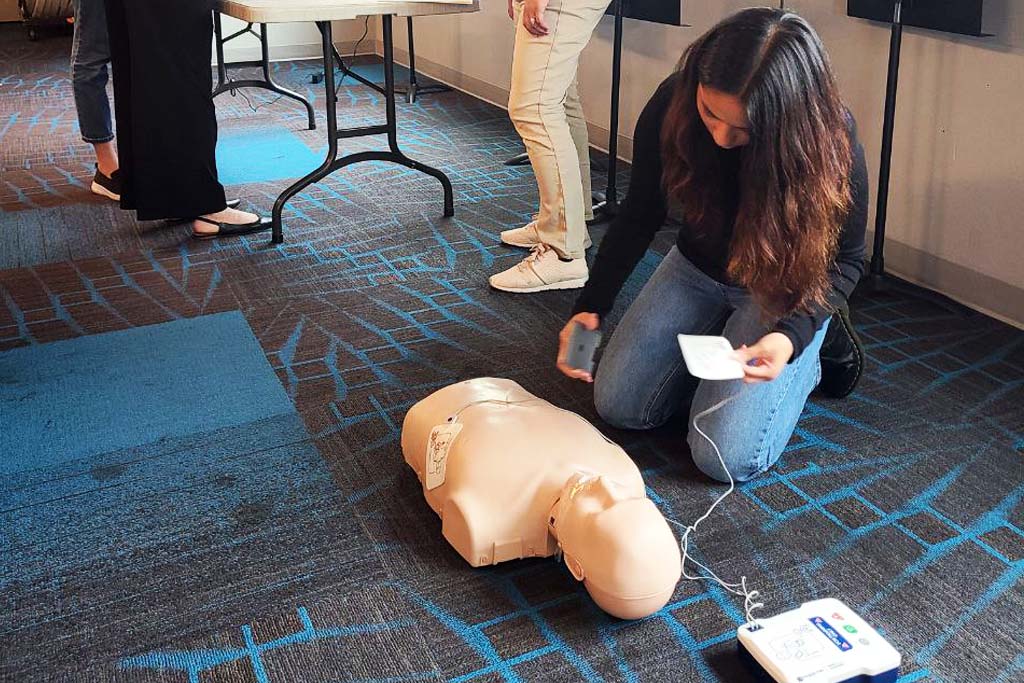
A CPR class equips you with the knowledge and skills to perform life-saving techniques in the event of a cardiac emergency. It also provides you with the confidence and ability to respond quickly and effectively in high-pressure situations.

Orienteering gives students practical skills to navigate the world. In the course, students learn how to use physical tools to help them find their way. They will also be given examples of why truth based navigation is important in their lives spiritually.
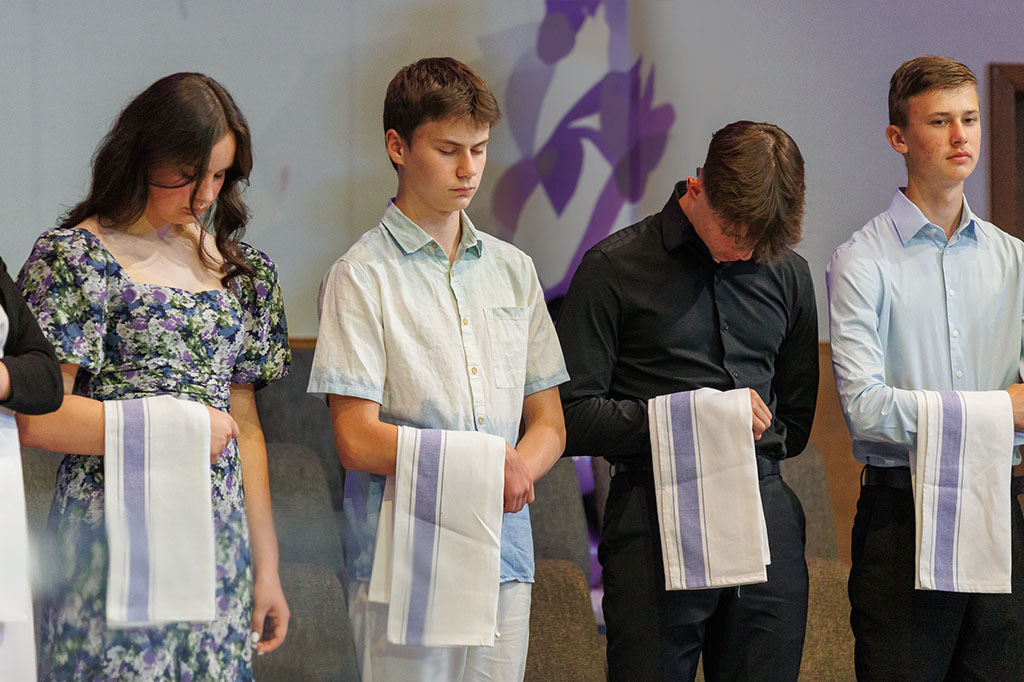
As Christians, it is important to learn about ministry to others because it is a fundamental part of our faith. Jesus taught us to love and serve one another, and ministry is a way to put that teaching into action. By learning how to effectively minister to others, we can spread the love and the message of the Gospel to those in need.